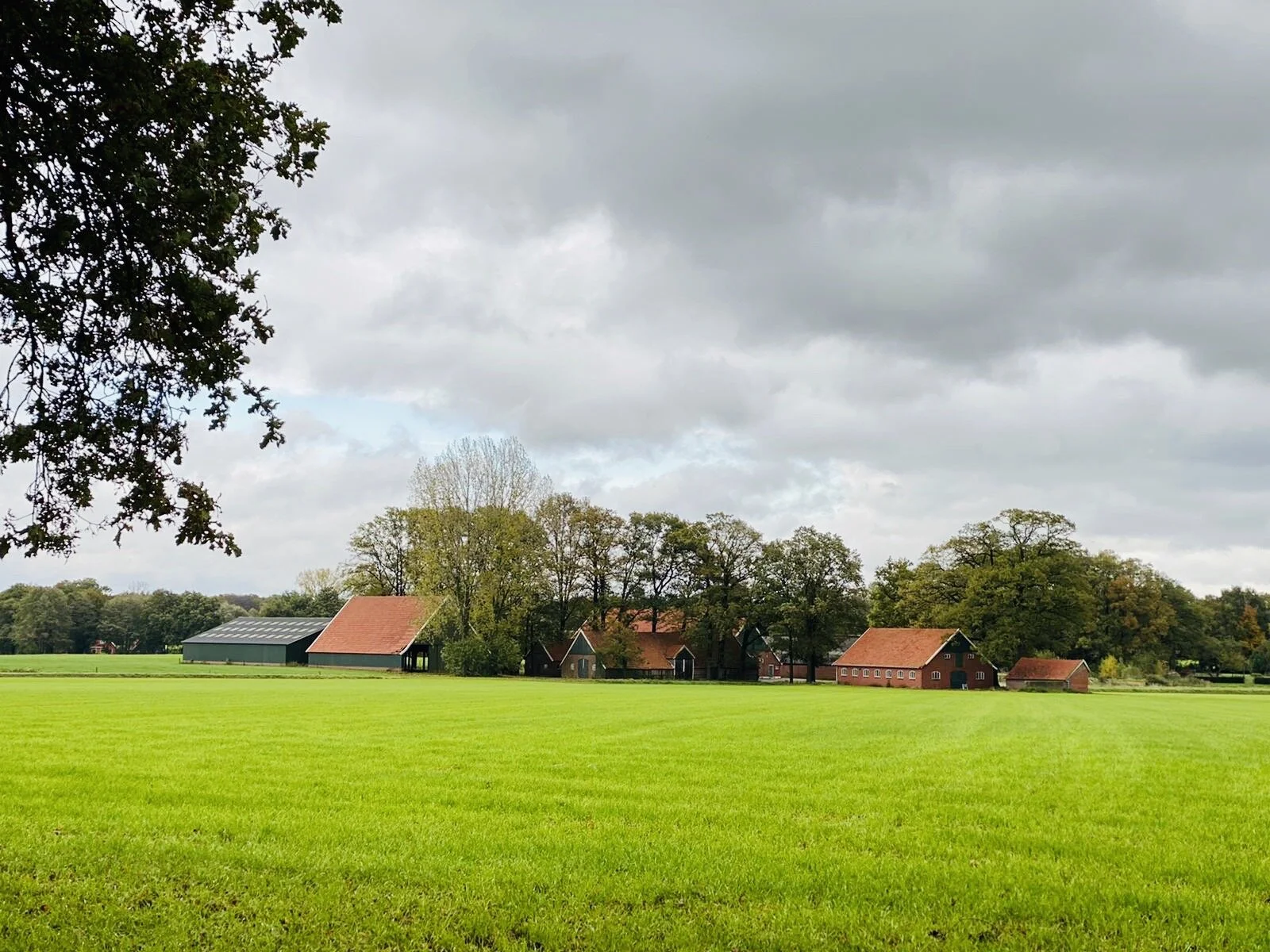The countryside is currently in transformation and faces both challenges and opportunities.
Due to programs for perserving and restoring biodiversity and nature, lot’s of farmers are and will be bought-out. This stands next to the already changing and highly cost driven food industry where margins are small and an increase in scale is almost inevitable; which already leads to farmers quitting their job and no one willing to take it over. Both are causing huge changes in the countryside. In some places this even means that the landscape is drastically changing for the first time since centuries, because farms were linked to the inheritance in families.
This change comes with a lot of challenges. Sometimes it means that history will disappear with the people moving away from the countryside and with them a lot of knowledge about the area and traditions. Buildings will be demolished and redeveloped and the use of the land changes. My experience is that people currently living in small country towns can feel alienated from their own living environment, where old traditions disappear and people with new values come live next door. The connection between people in neighborhoods change, not only because the newcomers are sometimes unaware of the social bonds, but also because the farming business is changing, which sometimes leads to less time for social bonding than before.
On the other hand the countryside offers a lot of new space, which can be used for current challenges like sustainable food production and shortage of housing. But even when looking at it this way it will ask for a balance between a rising population and space for the current inhabitants and their standards, between a rising popularity in recreation and the ability to find tranquility in nature, between a strong economy and beautiful views.
With ‘De Vastgoedboerderij’ I work on the redevelopment of the countryside, seeking balance, educating history and striving for a positive social development where different people and traditions meet.
